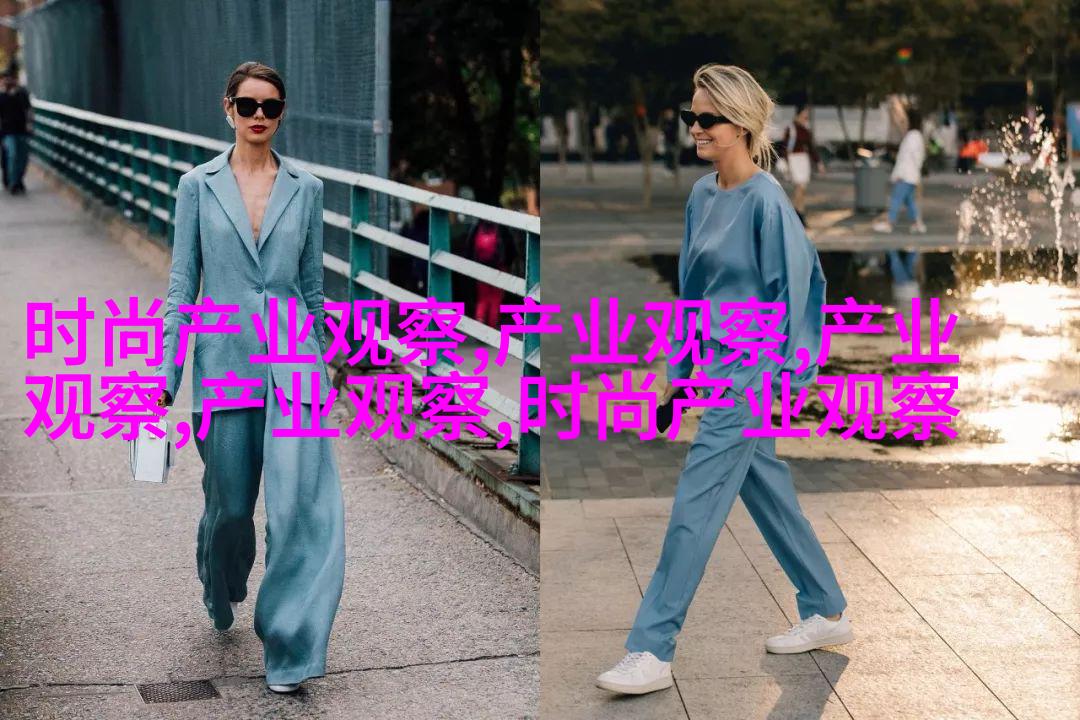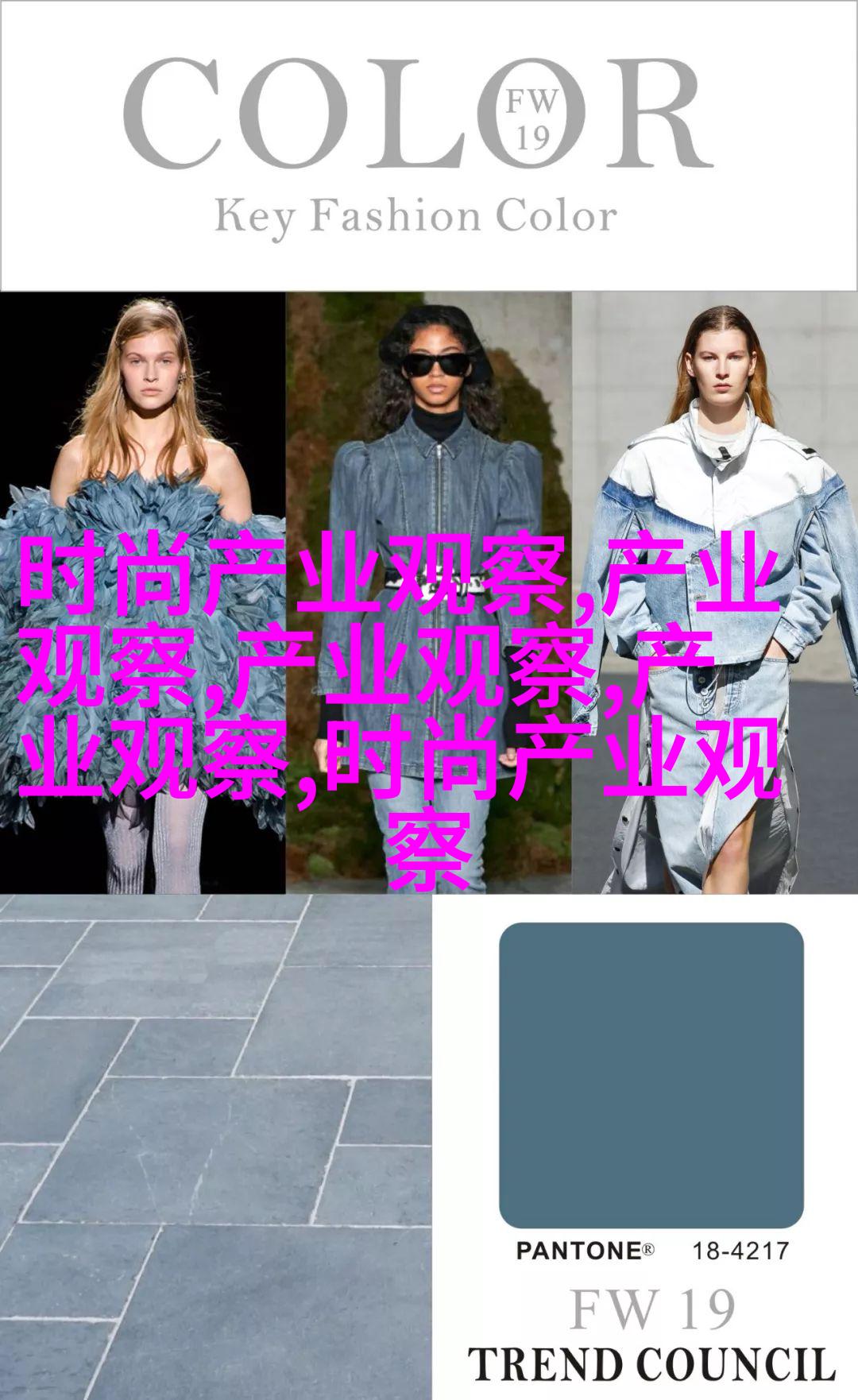Sustainable Fashion Forward: Eco-Friendly Materials Gain Mainstream Acceptance

The Rise of Sustainable Fashion
With the growing awareness of environmental issues and climate change, the fashion industry has seen a significant shift towards sustainable practices. Brands are now focusing on using eco-friendly materials in their designs, not only to reduce their carbon footprint but also to appeal to consumers who prioritize sustainability.

Defining Sustainable Fashion
Sustainable fashion refers to clothing that is produced with minimal impact on the environment and social responsibility in mind. This includes using organic cotton, recycled materials, biodegradable fabrics, as well as minimizing waste during production processes.

Eco-Friendly Fabrics in Vogue
Eco-friendly fabrics have become increasingly popular among designers and consumers alike. Some notable examples include:

Organic Cotton: Grown without toxic pesticides or synthetic fertilizers, organic cotton reduces soil pollution and conserves water.

Hemp: A highly durable fabric with natural UV protection properties that can last for years.
Bamboo Fabric: Known for its breathability and moisture-wicking abilities while requiring minimal resources to grow.
Recycled Polyester: Made from plastic bottles or other recyclable materials, reducing waste from traditional polyester production methods.
Innovative Solutions for Sustainability
Fashion brands are continuously exploring innovative ways to incorporate sustainability into their products:
H&M's Conscious Collection uses environmentally friendly materials like Tencel (a sustainable wood pulp fabric) and recycled polyester.
Patagonia's Worn Wear program encourages customers to repair rather than replace worn-out garments by offering free repairs at company-owned stores.
The Future of Sustainable Fashion Trends
As consumers become more conscious about environmental impact when making purchasing decisions, we can expect even more emphasis on eco-friendly design elements across various categories:
Fast fashion will be replaced by slow fashion – high-quality garments designed for longevity over disposability.
Textile recycling technologies will advance allowing companies like Reformation and Stella McCartney use 100% post-consumer recycled polyester in some collections.
Biodegradable plastics made from plant-based sources such as cornstarch may replace non-biodegradable synthetic fibers commonly used today.
Challenging Industry Norms through Collaboration
Collaboration between businesses across industries plays a crucial role in driving sustainable innovation within the fashion sector:
Companies like Nike partnered with environmental organizations such as Environmental Defense Fund (EDF) supporting research into new sustainable manufacturing techniques,
Lenzing Group worked alongside major brands including Adidas & C&A promoting innovations based on renewable energy sources,
Embracing Change Through Consumer Awareness
Consumers too play an essential role in shaping future trends by choosing eco-conscious options when shopping:
Educating themselves about different types of fabrics they're purchasing,
Supporting companies committed to sustainability efforts,
Encouraging friends & family members do so likewise,
In conclusion, embracing eco-friendly materials has become an integral part of current fashion trends worldwide; it reflects not only a commitment towards preserving our planet but also provides a platform where individuals can showcase personal values through what they wear each day – creating a harmonious balance between style & substance that benefits both people & planet alike


